
Hostage state: How to free Bosnia from Dayton’s paralysing grip
Restoring independence to the judiciary and strengthening the rule of law are key to the country’s future stability and success

Senior Policy Fellow
Nationalism, illiberal democracies & state capture, post-conflict state building & institutional reforms, CFSP, Western Balkans, transatlantic relations
English, German, Bosnian/Serbian/Croatian, conversational French
Majda Ruge is a senior policy fellow with the Wider Europe programme at the European Council on Foreign Relations, based in Berlin. Before joining ECFR, she spent three years as a fellow at the Foreign Policy Institute/SAIS at the Johns Hopkins University. She has twice testified as an expert witness at hearings of the US Senate Foreign Relations Committee on the Western Balkans.
Ruge worked in management and advisory capacities for the Delegation of the European Commission to Bosnia and Herzegovina and the OSCE Mission to Bosnia and Herzegovina. During this time she participated in key state-building reforms in Bosnia and Herzegovina, which merged the sub-state customs and tax administrations into a single state-level institution.
Between 2012 and 2014, she was a post-doctoral fellow and lecturer at the Otto-Suhr-Institute of the Free University of Berlin, where she taught courses on international relations and nationalism. From 2014 to 2016, she lived in Riyadh, Saudi Arabia, where she was associated with the Gulf Research Center.
Ruge holds degrees from the European University Institute (Ph.D.,2011 and M.A., 2006), Central European University in Budapest (M.A. in International Relations and European Studies, 2001) and Agnes Scott College in Atlanta, Georgia (B.A. in International Relations, 2000).

Restoring independence to the judiciary and strengthening the rule of law are key to the country’s future stability and success

Voter fraud and voter intimidation appear in many forms in Bosnia, and are becoming especially visible ahead of upcoming local elections in November
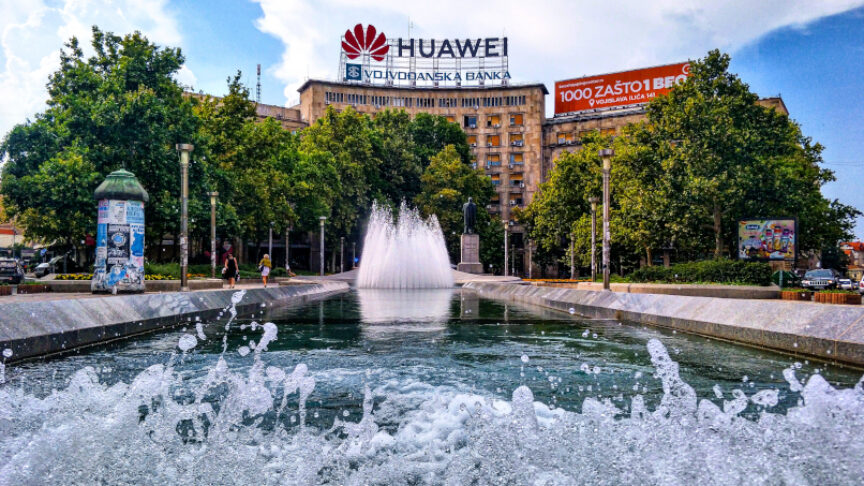
There is no obvious reason why Serbian President Aleksandar Vucic would turn his back on a relationship with China from which he draws a great deal of political capital

Supporters of Western integration for Montenegro may look hopefully at the smallest – and pro-European – member of the new coalition. But wider forces are likely to overwhelm it
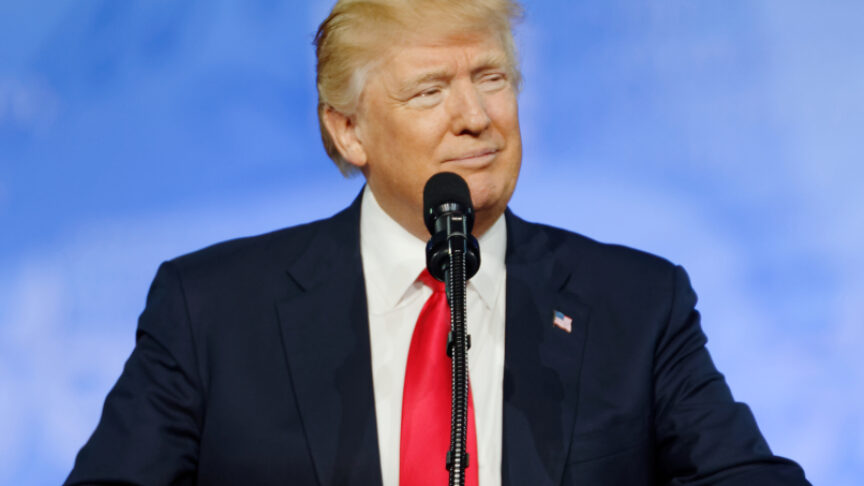
The White House’s sloppy agreement does little to advance dialogue, and comes at a high price
It is time for the EU to direct much more of its financial assistance through channels other than highly corrupt governments that consistently violate European norms and standards
European integration was never distinct from, or opposed to, a strong transatlantic relationship or American interests
The Serbian president has exploited the EU’s internal divisions to insult the bloc and legitimise his policies, as well as his courtship of authoritarian partners.
The EU’s interventions in the Western Balkans succeed only when key member states and the US act strategically and pull in the same direction

The potential return of Donald Trump to the White House is a matter of months away. Here are six scary policy scenarios to give Europeans sleepless nights and prepare them for what could be to come
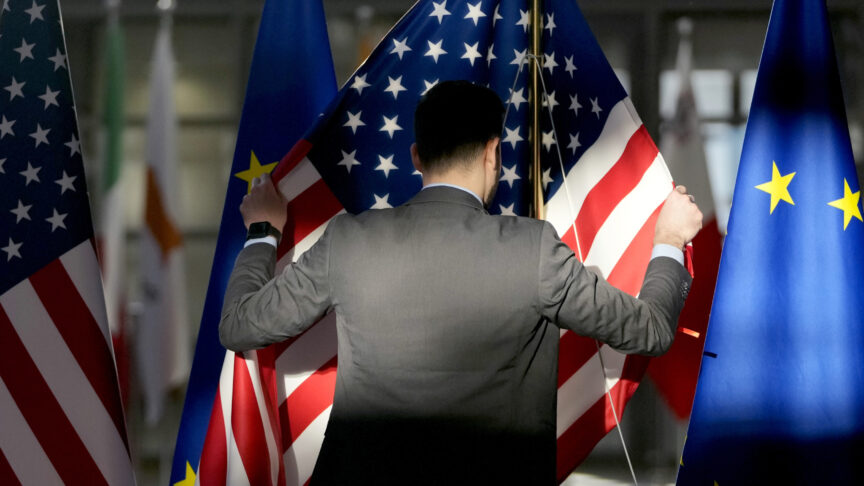
Fierce debates are raging among both Republicans and Democrats about America’s future foreign policy orientation. Europeans should take note and prepare
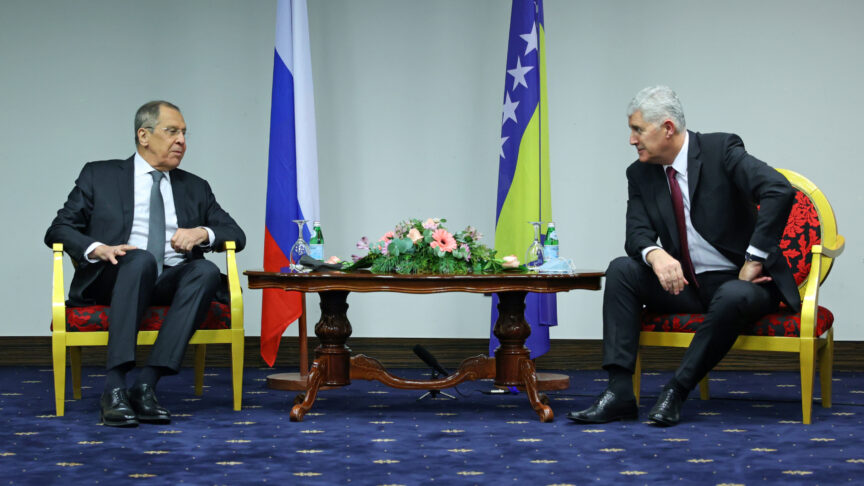
Russia is working to keep Bosnia divided. But many of the country’s problems are homegrown or exacerbated by neighbouring states

Restoring independence to the judiciary and strengthening the rule of law are key to the country’s future stability and success
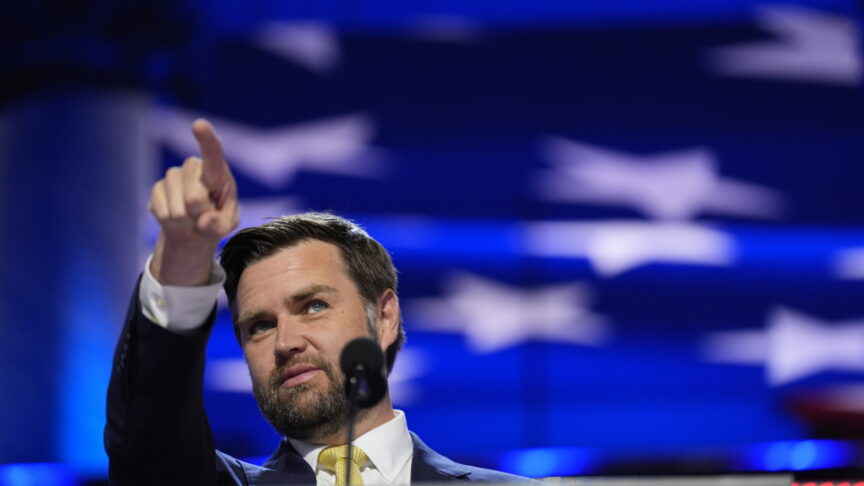
Should Donald Trump win November’s US election, his choice of J.D. Vance as a running mate suggests huge shocks to US policy on China, trade, and security are around the corner. Europeans must respond decisively
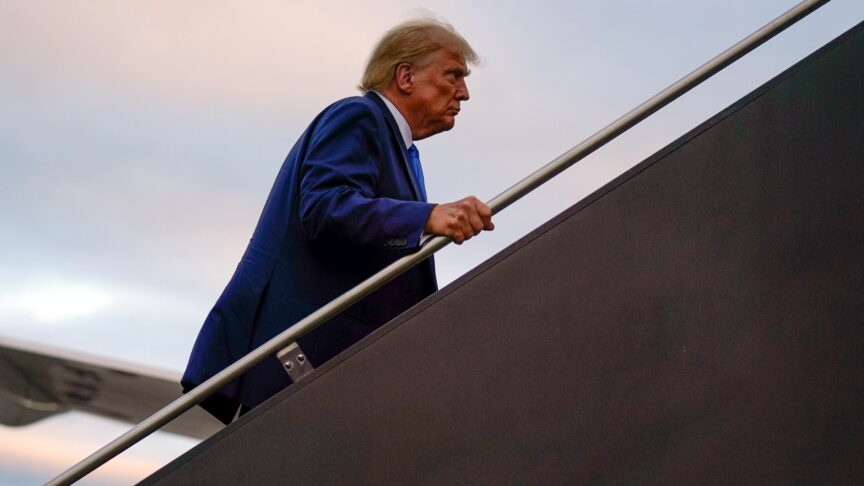
The prospect of Donald Trump’s return to the US presidency has left three Republican tribes vying it out to fill in the details of his hazy foreign policy ambitions
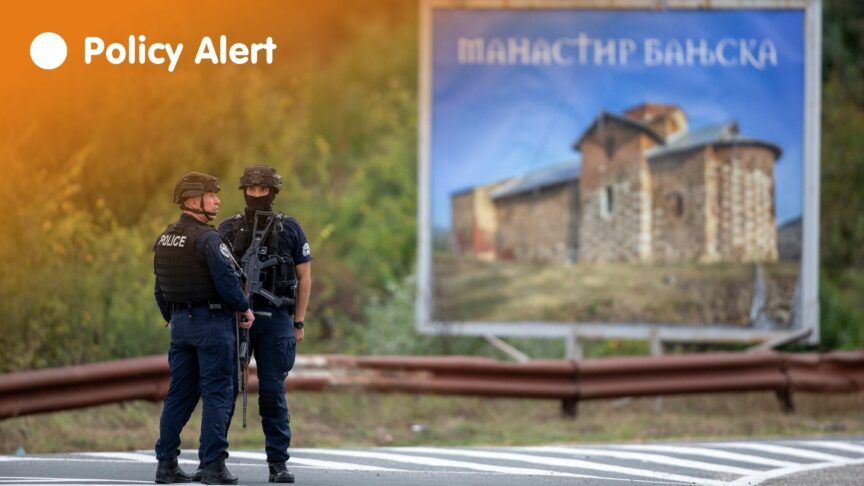
Escalating violence in the north of Kosovo undermines the already difficult dialogue process. The EU and US need to address this destabilisation head on
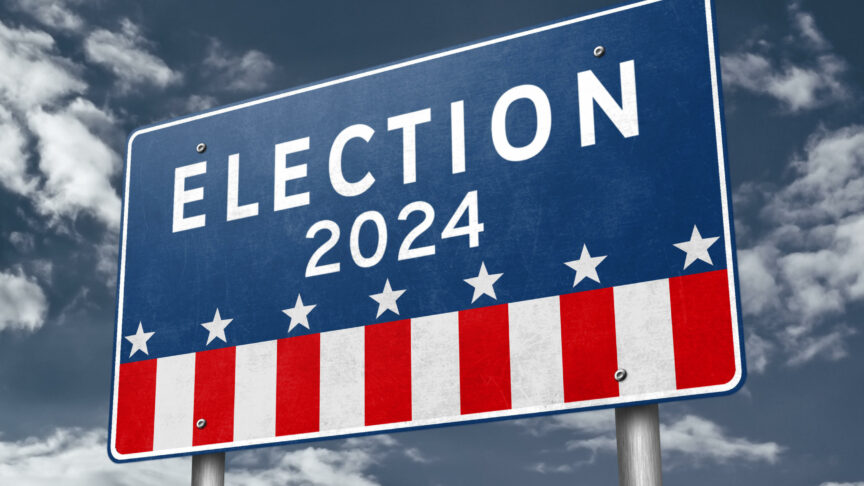
The candidates for the Republican primaries hold diverging views on the future of US foreign policy. In the event of a Republican victory, Europeans must prepare for an end to American support to Ukraine
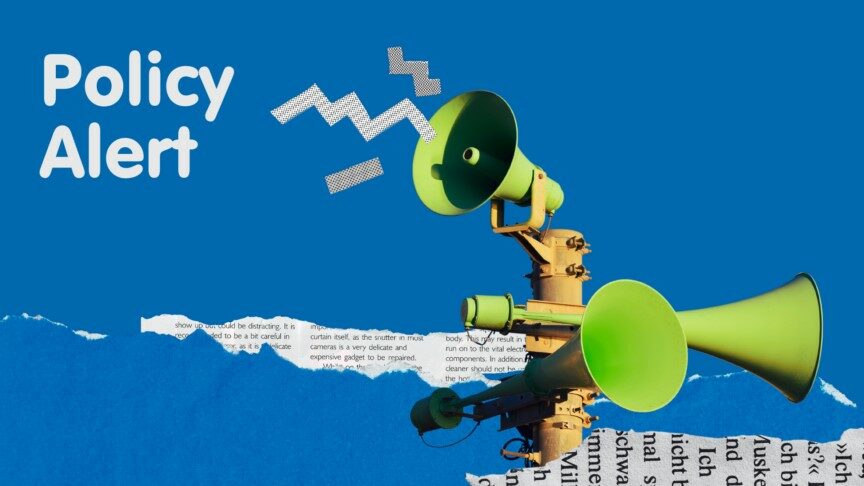
As NATO convenes in Vilnius, Kremlin proxies are undermining Bosnia and Herzegovina’s sovereignty. Allies need to formulate a diplomatic strategy to prevent a military crisis
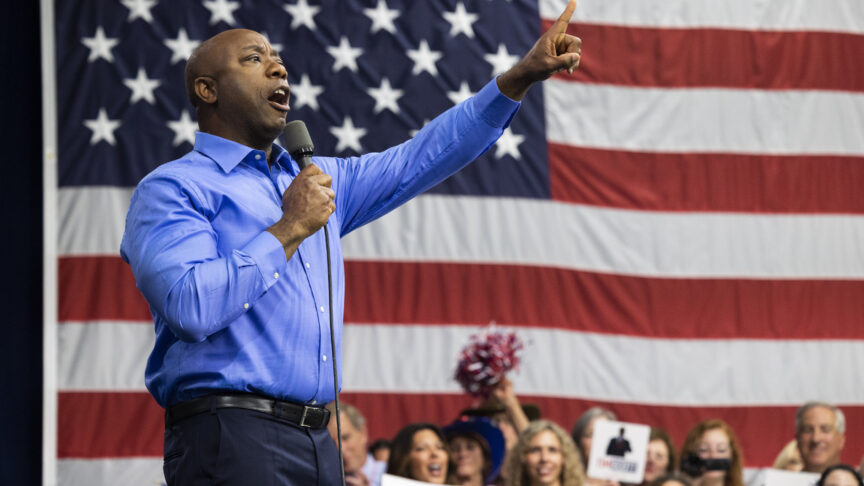
All eyes are on the competition between DeSantis and Trump. But Tim Scott may be the one to watch
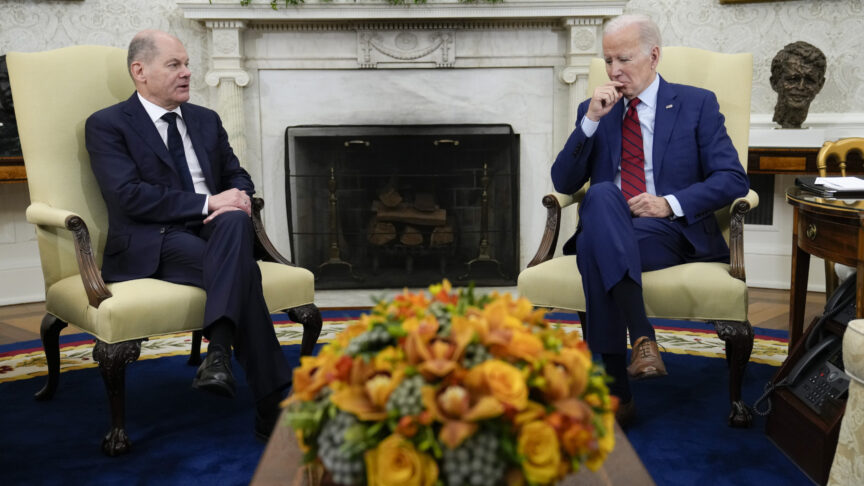
Germany cannot avoid being dragged into election debates in the US. On defence, it should focus on its own national security interests
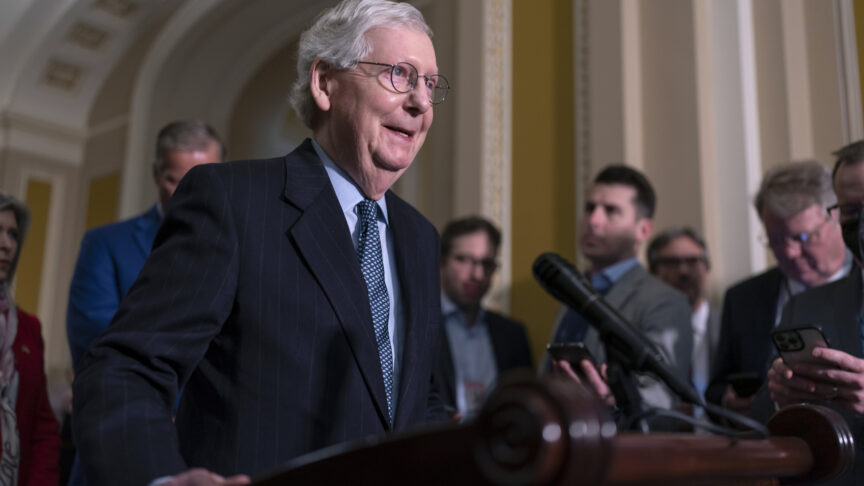
Mitch McConnell uttered comforting words in Munich, but European policymakers would serve the cause of European defence better by planning for a Trump or DeSantis presidency
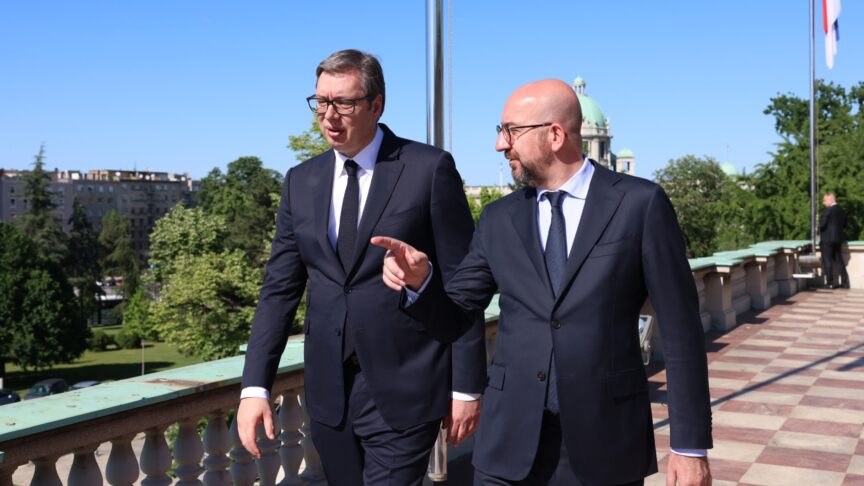
EU and US policymakers have it within their gift to change the dynamic in their relations with Serbia. Taking on Western Balkans kleptocracy lies at its heart
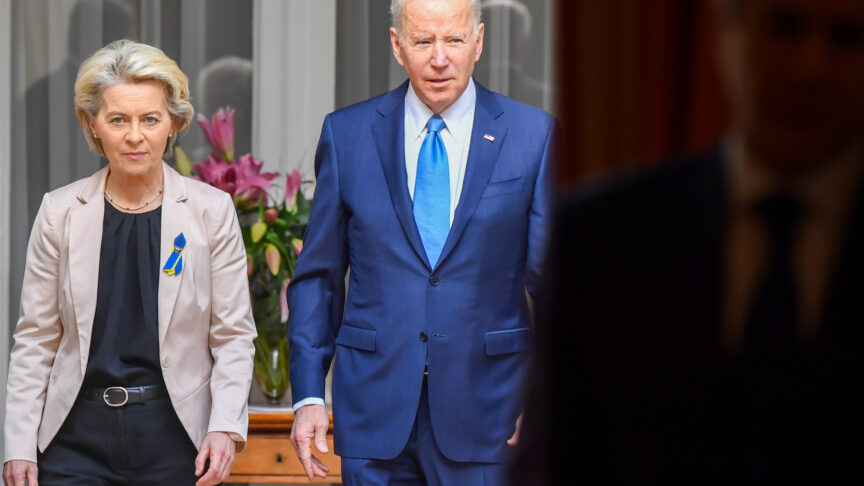
The Inflation Reduction Act may reduce US dependency on China, but it also risks harming the transatlantic relationship. European governments must position themselves as critical allies for the US in order to preserve their economies – and effectively counter China’s geo-economic challenge
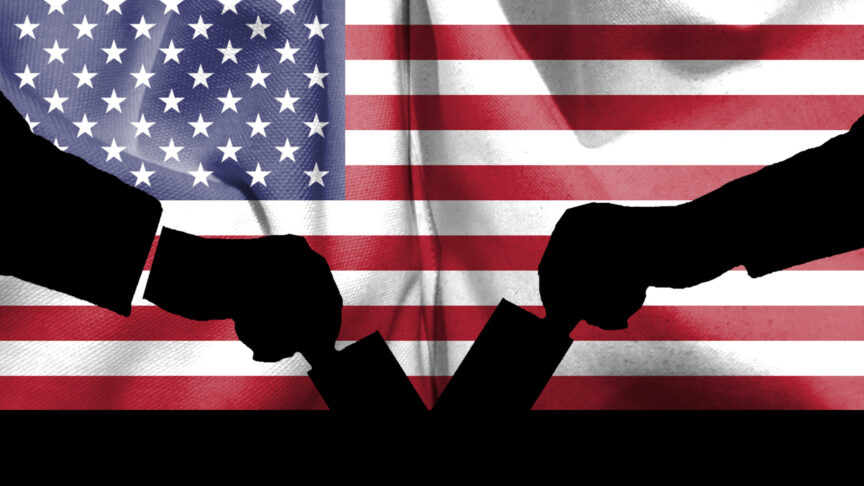
Mark Leonard welcomes Majda Ruge and Jeremy Shapiro to discuss how the 2024 US presidential election will affect transatlantic relations
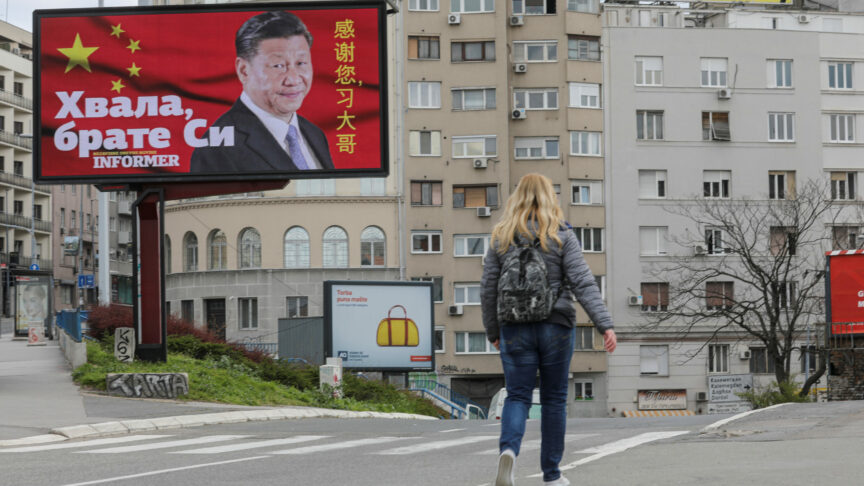
How much influence does China already have in the Western Balkans and how should European policymakers react?
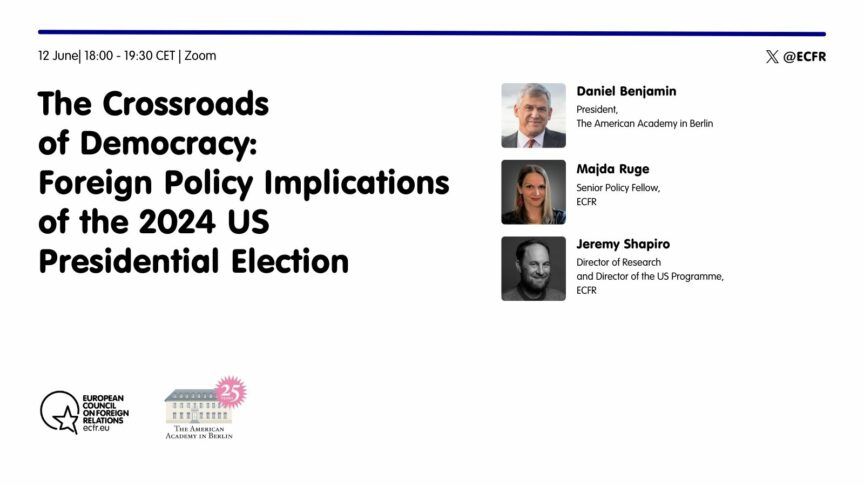
Foreign policy seldom plays much of a role in American presidential elections, but the consequences of those contests can be profound for America’s allies in…

This two-day conference marking the 25th anniversary of the Dayton Peace Agreement gathered a distinguished line-up of speakers to discuss the challenges facing the country and to explore options for transatlantic cooperation in the Western Balkans